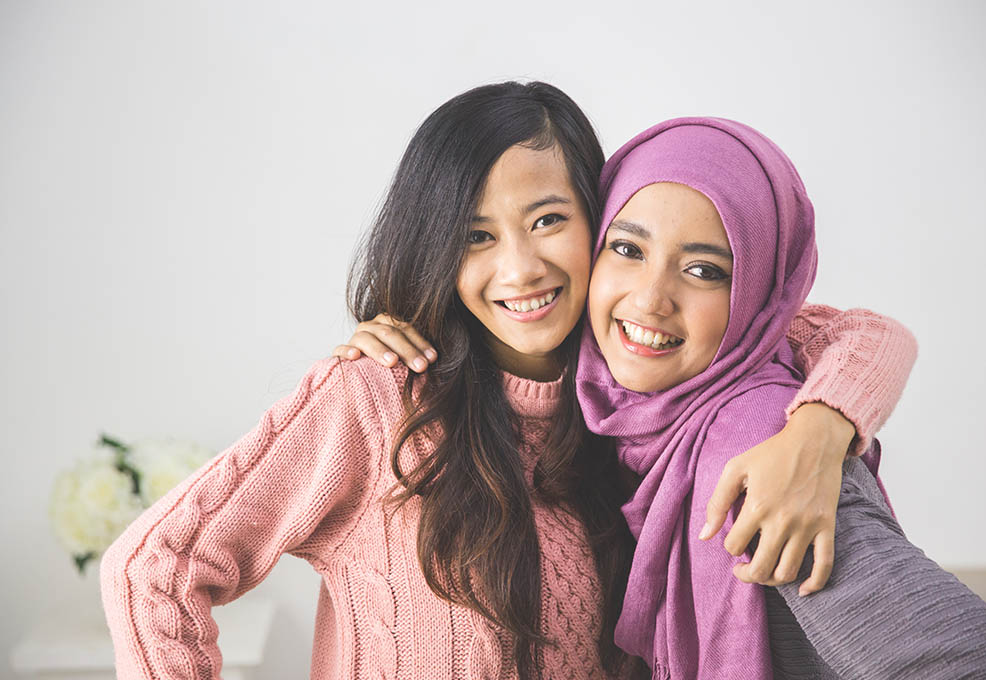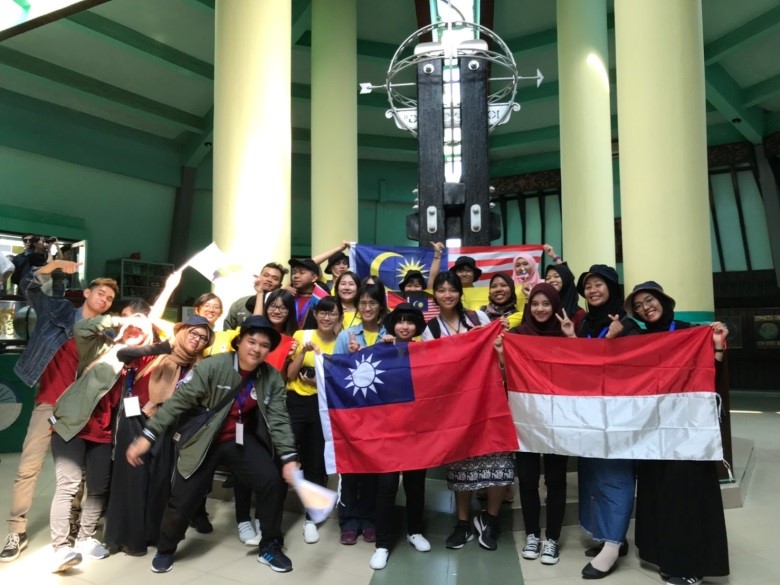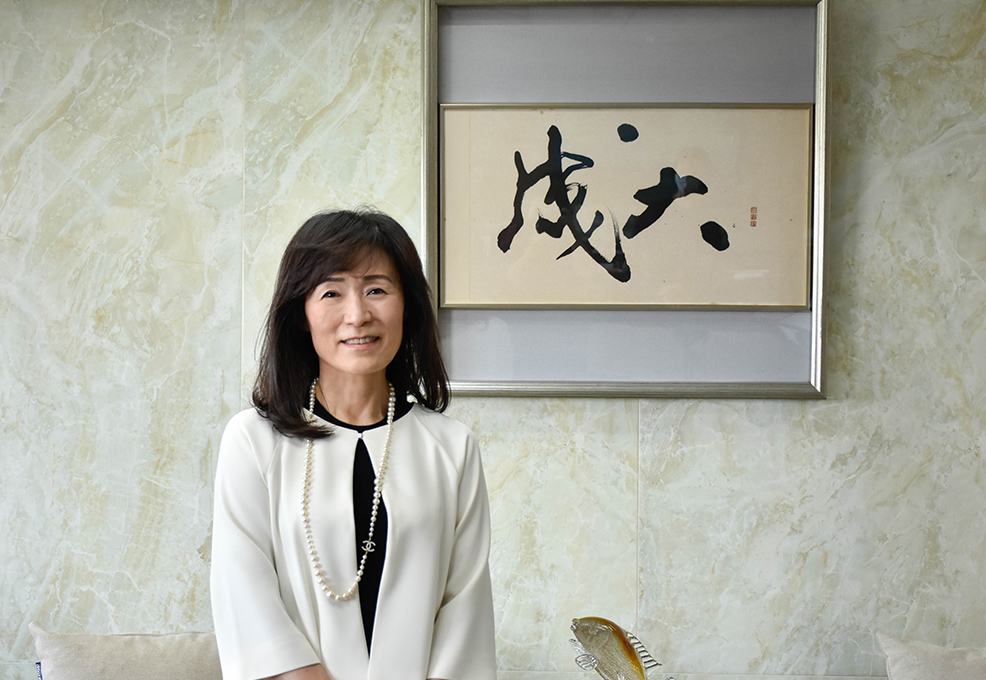Integrating resources and making the best of technology, President Huey-Jen Su has successfully protected National Cheng Kung...

Author(s)
Chiang BienBiography
Bien Chiang, professor of the Department of Public and Culture Affairs, National Taitung University (NTTU); Director of the Center of Austronesian Culture, NTTU. PhD. in Anthropology, University of Pennsylvania.
Academy/University/Organization
National Taitung UniversitySource
2019 International Workshop on Cultural Heritage, Community Empowerment and Sustainable Management of the Austronesian Peoples,
2019 Dayaks: Engaging Youth for Sustainable Indigenous Community-
TAGS
-
Share this article
You are free to share this article under the Attribution 4.0 International license
- HUMANITIES & SOCIAL SCIENCES
- Text & Image
- September 24,2020
The “Taiwan-Indonesia Center of Southeast Asian Ethnicities, Cultures and Societies” is a part of the Ministry of Science and Technology’s mission of implementing the Taiwan government’s “New Southbound Policy.” The Center, established in 2018, is a joint project between National Taitung University (NTTU hereafter), Taiwan, and Universitas Tanjungpura (UNTAN hereafter), Indonesia. It aims for the promotion of mutual understanding among intellectual as well as ethnic communities between the two countries, Taiwan and Indonesia.
Anthropologically speaking, one of Taiwan’s most long-standing and significant cultural and ethnic affiliations and affinities with Insular Southeast Asia is in its Austronesian-speaking Indigenous population. Taiwan is considered internationally by many historical linguists as the “homeland” of the dispersal of the Austronesian peoples. Based on previous research experience, the PI team selected West Kalimantan as its focus, establishing a partnership with UNTAN in Pontianak, the provincial capital. The selection was based on the following considerations: (1) ethnic composition of West Kalimantan, (2) a relatively tranquil inter-ethnic relationship, and (3) currently facing active domestic and foreign direct investment coveting its rich natural resources.
From 2018 to 2020, our Center has organized four trips of faculty visits between UNTAN and NTTU, two trips of NTTU students attending summer programs in Pontianak, and one International Workshop for UNTAN and University of Malaysia Sarawak faculty and students to attend in Taitung. The major emphasis of the workshop in Taitung is on “community empowerment,” a concern which has loomed large in Taiwan in the past decades, and we deem it worth sharing with peoples from other Austronesian societies. For 2020, both the summer program hosted by UNTAN and the international workshop hosted by NTTU are hindered by the COVID-19 outbreak, but we plan to resume these events as soon as the situation allows.

The “Taiwan-Indonesia Center of Southeast Asian Ethnicities, Cultures and Societies” is a part of the Ministry of Science and Technology’s mission of implementing the Taiwan government’s “New Southbound Policy.” The Center, established in 2018, is a joint project between National Taitung University (NTTU hereafter), Taiwan, and Universitas Tanjungpura (UNTAN hereafter), Indonesia. It aims for the promotion of mutual understanding among intellectual as well as ethnic communities between the two countries, Taiwan and Indonesia.
Anthropologically speaking, one of Taiwan’s most long-standing and significant cultural and ethnic affiliations and affinities with Insular Southeast Asia is in its Austronesian-speaking Indigenous population. Taiwan is considered internationally by many historical linguists as the “homeland” of the dispersal of the Austronesian peoples, which numbered close to 400 million souls currently living mainly in Insular Southeast Asia, Oceania and Madagascar. Indonesia, with its population of more than 267 million, is the most populous Austronesian-speaking country in the world. In this vast country of Indonesia, based on previous research experience, the PI team selected West Kalimantan as its focus, and established a partnership with UNTAN in Pontianak, the provincial capital. The selection was based on the following considerations: (1) the ethnic composition of West Kalimantan, which consists of approximately 51% Muslim, 34% non-Muslim Dayak and 8% ethnic Chinese, (2) a relatively tranquil inter-ethnic relationship, and (3) currently facing active domestic and foreign direct investment coveting its rich natural resources. These provide a rich environment for comparative studies, both on their similarities and contrasts, as well as for mutual learning and inspiration.
From 2018 to 2020, our Center has organized four trips of faculty visits between UTAN and NTTU, two trips of NTTU students attending summer programs in Pontianak, and one International Workshop for UNTAN and the University of Malaysia Sarawak faculty and students to attend in Taitung. The two summer programs in Pontianak were focused on the themes of, respectively, “Mangrove: Youth Starving for the Green Environment (2018)” and “Dayaks: Engaging Youth for Sustainable Indigenous Community (2019).” Each included classroom lectures, student presentations and field trips to the sites, each lasting for 10 days. The International Workshop in Taitung was entitled “Cultural Heritage, Community Empowerment and Sustainable Management of the Austronesian Peoples (2019).” The title was chosen to highlight the community-center idea in the promotion of cultural heritage management in Taiwan in general and Taitung in particular. In addition to classroom lectures on the subject of Taiwan history and the current social situation, ethnic relations and policy and theory of community empowerment, the whole class, including Indonesian Malaysian and Taiwan students made field trips to an Indigenous village as well as a cultural heritage site in the vicinity of Taitung. The major emphasis of the workshop is on the “community empowerment” concern which has loomed large in Taiwan in the past decades, and we consider it worth sharing with peoples from other Austronesian societies. For 2020, both the summer program hosted by UNTAN and the international workshop hosted by NTTU are hindered by the COVID-19 outbreak, but we plan to resume these events as soon as the situation allows.
STAY CONNECTED. SUBSCRIBE TO OUR NEWSLETTER.
Add your information below to receive daily updates.




